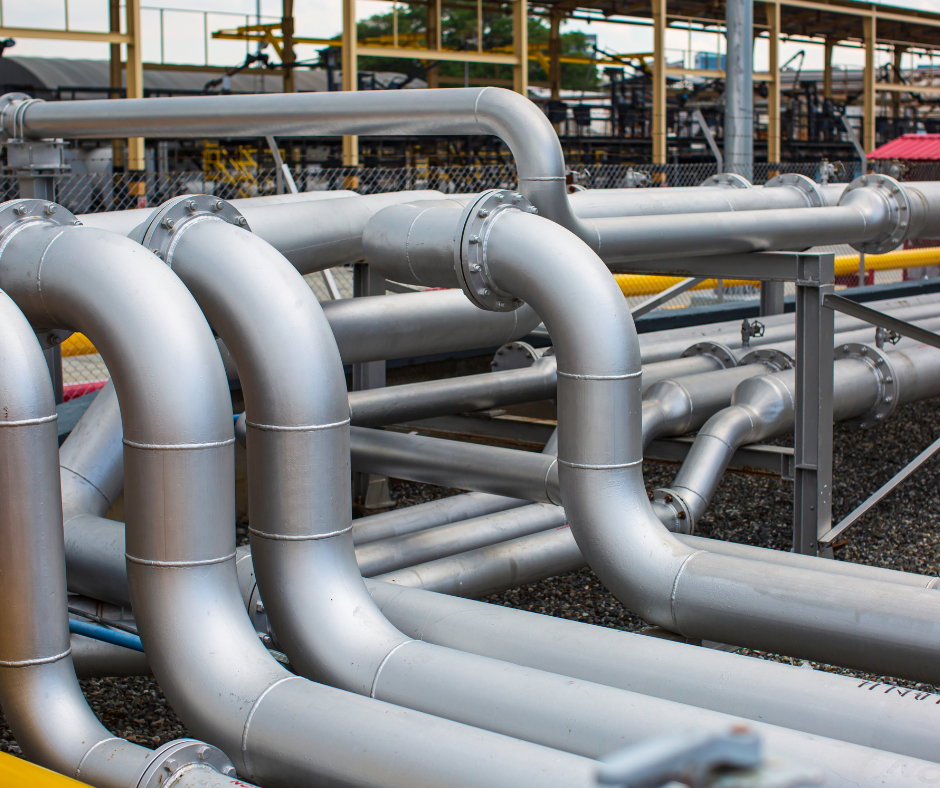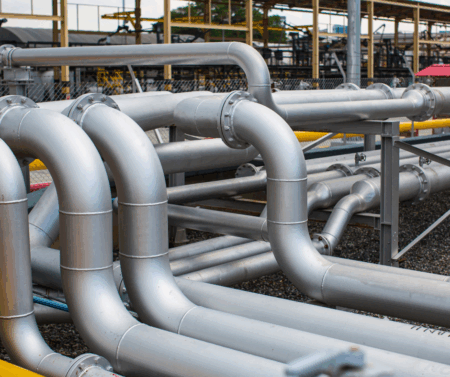The term “standard water pressure” refers to a specific range for efficient and safe water use, especially in commercial and industrial settings. From the Texas Medical Center to the Port of Houston, reliable operations depend on a steady flow of water. But what happens when that flow is disrupted? This is what you need to know about water pressure.
What is the Standard Water Pressure for Commercial Use?
Water pressure is the force per unit area exerted by water, which is measured in pounds per square inch (PSI). PSI tells you the amount of force the water is exerting on the inside of the pipes and on any surface the water is in contact with. Water pressure is important to businesses and other com
mercial spaces, which is they often have higher or more consistent water pressure than residential areas. In Houston, there are specific ranges for commercial, such as:
- The minimum pressure range is 35 PSI and can drop to 20 PSI in emergency situations.
- Depending on the type of commercial business (restaurants, hospitals, manufacturing) you have, there are specific regulations you must follow. For example, a healthcare facility needs stringent requirements for water quality, temperature, and pressure for sterilization, sanitation, and patient care.
Having low water pressure in these facilities reduces operational efficiency, increases costs by potentially damaging equipment, and causes health and safety concerns. On the other hand, too high water pressure can also cause damage to plumbing, increase water consumption, increase energy costs, and pose safety hazards. Water pressure is also important for fire suppression systems in commercial buildi
ngs to effectively deliver enough water to extinguish or control fires. Adequate water pressure is essential for many reasons, but how can it be affected?
Factors Affecting Water Pressure in Houston Businesses
Houston is a major city with many industrial and commercial buildings, ranging from warehouses in the Port of Houston to skyscrapers in downtown. All of these buildings have different components that affect the water pressure they have, such as:
- Distance from water sources: The longer the distance a commercial building is from a water source, the more friction is lost in the pipes. As the water travels longer distances, the internal pipe surfaces create resistance, gradually reducing the pressure.
- Demand Peaks: Businesses in Houston are typically open between 8 AM and 5 PM, which are peak hours and can impact the water pressure entering the building.
- Maintenance and construction: Planned and unplanned maintenance on surrounding buildings can also affect the water pressure going to your commercial business.
There are several factors that can affect the water pressure in your building, but how can you identify them and how can you address them?
Identifying and Addressing Water Pressure Problems
As mentioned before, there are several issues that can cause water pressure to be faulty. However, there are ways of addressing these issues.
- Low water pressure shows symptoms of inadequate equipment performance, sanitation issues, and fire suppression system problems. Troubleshooting your industrial pumps and other building systems can help address the problem.
- Symptoms of high water pressure include damage to pipes, equipment malfunction, and increased water consumption. You may want to install/check PRVs and consult a plumbing engineer.
- If your industrial pump fails and starts to leak, then it is time to call a professional. It is important to have a licensed plumber and an industrial pump specialist.
Consulting Industrial Pump Experts for Houston Water Pressure
Reliable water pressure for businesses in Houston is crucial for their operations. Several factors can affect the amount of water pressure going to your building, but there are also several ways to help address and fix the problem. However, scheduling regular maintenance, being aware of issues, and stressing proactive management can save you money and prevent disruptions. Our industrial pump experts are here to help with your water pressure and other elements concerning your operations.



